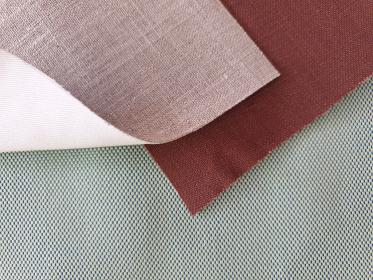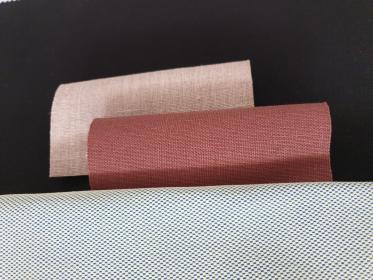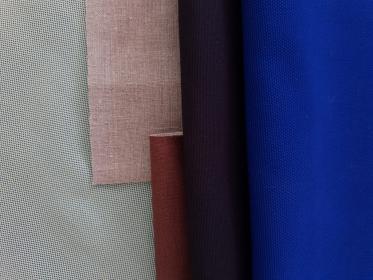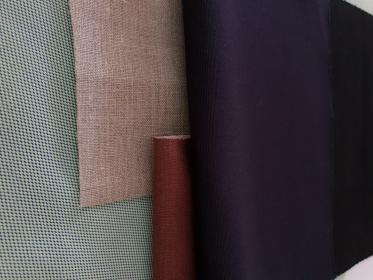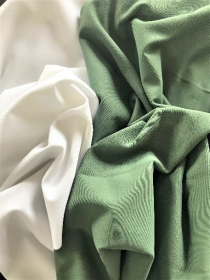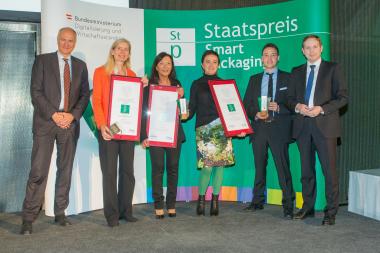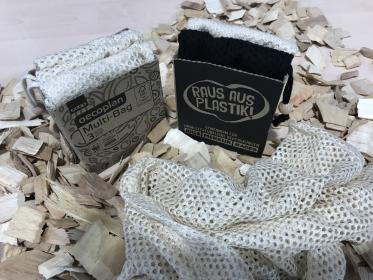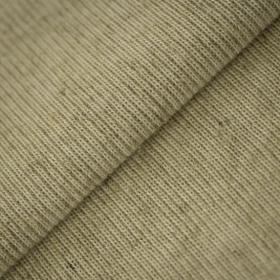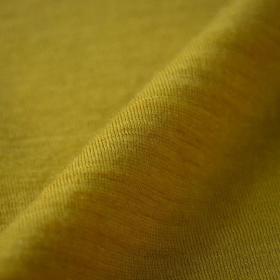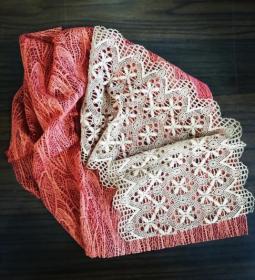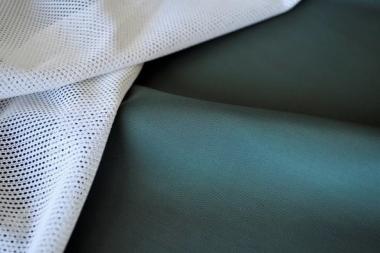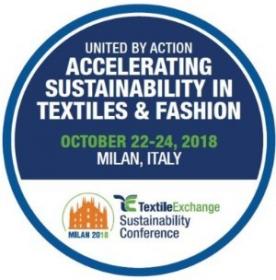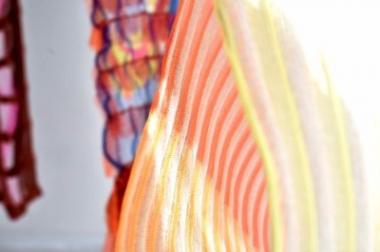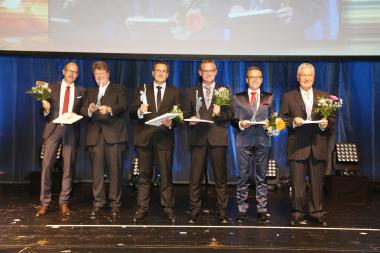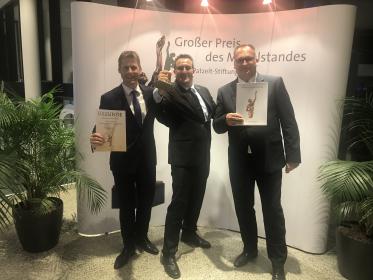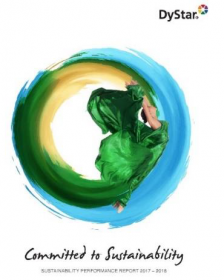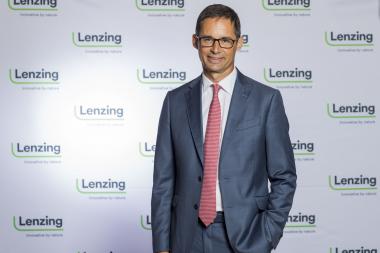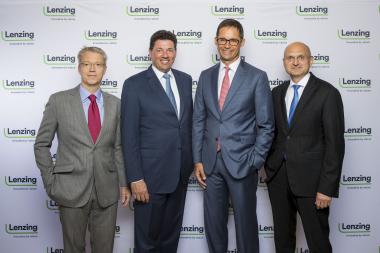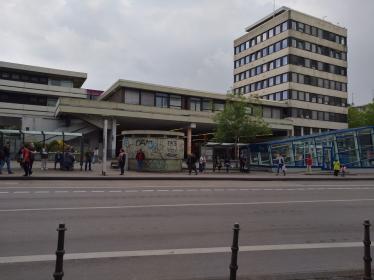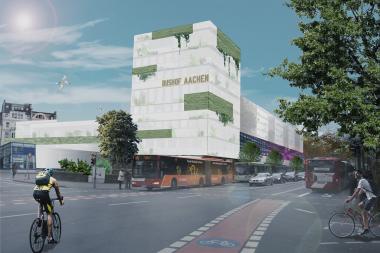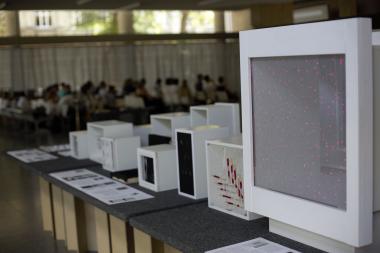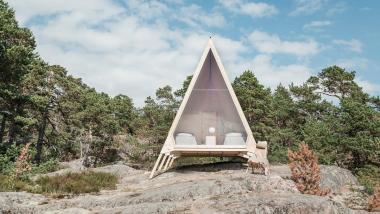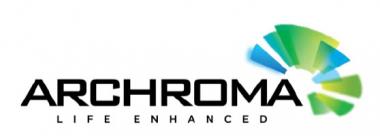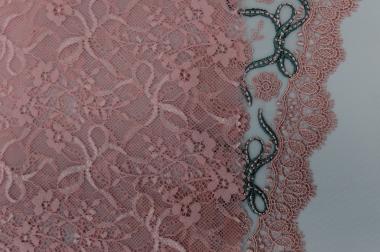Italian Converter celebrates 25 years with the E.C.O. KOSMOS cross-collection
- Empowering fashion with responsible R&D, cutting edge finishing and a Made in Italy design imprint
Paris - “The soul of sustainable fashion is an alchemy, a combined commitment and an act of responsibility”. This is the motto ‘embossed’ in the collections and the values of Italian Converter. At Première Vision, the leading manufacturer celebrates its 25th anniversary and presents E.C.O. KOSMOS, a cross-collection, a brand-new ‘green line’ range’ and a winning formula shining a light on the company’s responsible path and unique ‘blend’ for the fashion of tomorrow.
The acronym E.C.O. stands for Ecologic, Conversion, Optimisation; three unique concepts and values that truly embody Italian Converter DNA: sustainability, transformative process and quality improvement.
For over 25 years, Italian Converter creates high-quality materials for some of the leading fashion and accessories brands. “Made in Italy and sustainability are part of our DNA.” Says Costantino Karazissis, founder of Italian Converter. “We believe that responsible sourcing and processes as well as a deep research into new technology pathways and a market-savvy taste for material design must be the starting point.”
At the core of the company’s responsible alchemy is also the constant research for the perfect balance of 100% Made in Italy materials. “We proudly collaborate with 120 skilled employees producing new hybrid material innovations daily, attracting partnerships from the best high-end brands both in Italy and abroad”.
Toupe and brick red E.C.O. Graffiti (100% linen) on E.C.O. Aurora (cotton and AMNI SOUL ECO®)
E.C.O. KOSMOS is entirely traceable, transparent, 100%made in Italy. The collection walks through a very complete and balanced range sustainable materials - from natural to eco high tech ones- that are transformed, enriched and valued in 9 high-tech cutting-edge innovations thanks to the Italian Converter expertise.
• The natural line starts from bases of cotton bonded with AMNI SOUL ECO®, an enhanced polyamide 6.6 that degrades within 5 years instead of decades, as other conventional ones do.
• The stretch innovations start from bases in GRS-certified Newlife™, a cutting-edge premium recycled polyester created using a High-Tech Conversion Model. Thanks to a mechanical process, used plastic bottles are turned into a top-quality polymer and yarn which is 100% traceable and 100% Made in Italy. The whole process takes place within a 100 square km area in Piedmont in Northern Italy.
All the references make use only of water-based resins and Standard 100 by OEKO-TEX® certified dying. The result, is resistant and transpiring solutions which come with bold and high-performing features, with a soft touch or even with a silky, yet strong, and enveloping feel. The designs range from rustic to contemporary and nod to jacquard, ‘authentic look’ and ‘drill’ hints. An ideal solution for footwear, apparel and leather goods.
Long story short? No compromises. E.C.O. Kosmos reflects design, innovation and responsible values, as well as 100% Italian Converter know-how.
“But this is just the beginning,” adds Karazissis. “The next step we are going to implement in the E.C.O. Kosmos cross-collection is a progressive integration of our triple-expertise, processes and R&D.” A sustainable step forward, a leap woven into a deep expertise a story to-be-continued. For a better future, this is for sure.
GB Network Marketing & Communication


